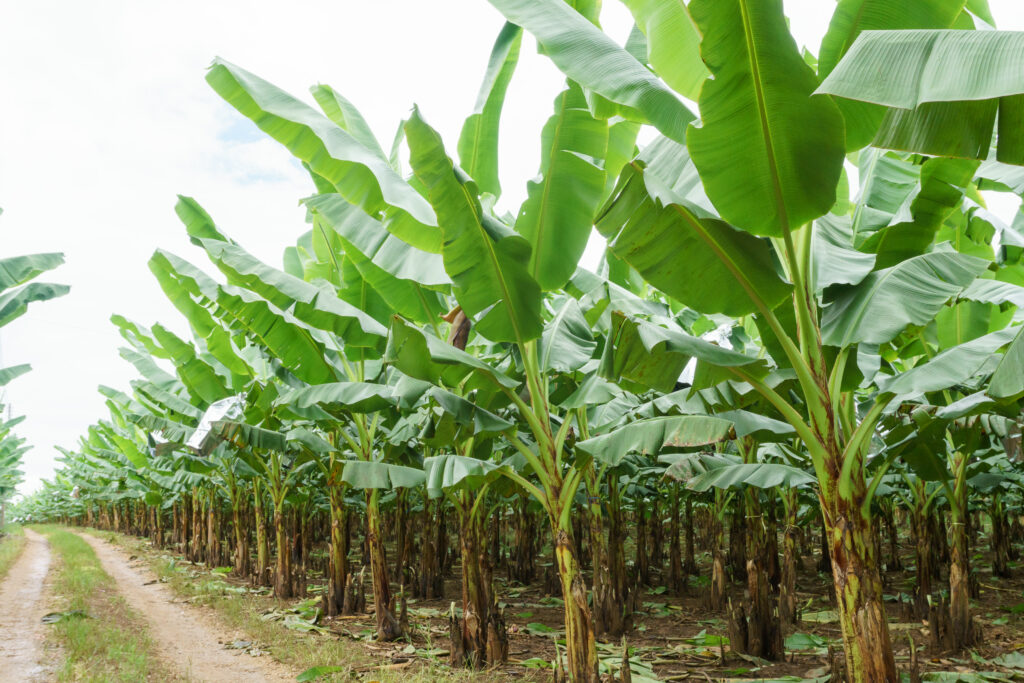Peru confirms TR4 detection in banana plantation

The Peruvian National Agrarian Health Service, Senasa, has confirmed the discovery of Fusarium wilt Tropical race IV (TR4) in a plot of land in Piura, a northwestern region of Peru.
Both the PCR and Sequencing tests for the pathogen were positive for the fungus, according to the association.
Last week, Senasa reported that "after receiving various notices from possible cases of Foc TR4 in Peru", it was said that a 0.5-hectare field was labeled suspicious.
The national phytosanitary emergency procedure has been trigged for the surveillance, control and eradication of the fungus, placing greater emphasis on the main banana and plantain producing regions.
TR4 is a fungal disease that is transmitted through the soil and causes damage to the vascular tissue of the roots and stems of plants, producing symptoms of wilting and death.
The fungus does not affect human health, so the consumption of bananas and plantains is safe for the population, the association said.
The fungus is also not carried through the fruit of the banana or plantain, so there should be no negative impacts on the exports of the fruit.
Senasa has an adequate surveillance system, laboratory diagnosis and a control plan that allows it to effectively and efficiently address this fungus, according to a press release.
The association also recommends that banana and plantain producers avoid bringing plant material including seedlings or suckers to their plots, as well as implementing phytosanitary measures and emphasizing biosecurity.
Peru is the second country in Latin America to detect TR4, after a positive detection in Colombia in July 2019. It also spells trouble for the world's biggest banana-exporting region. Ecuador - which lies between Peru and Colombia - and Central American countries have not yet detected the disease.








































